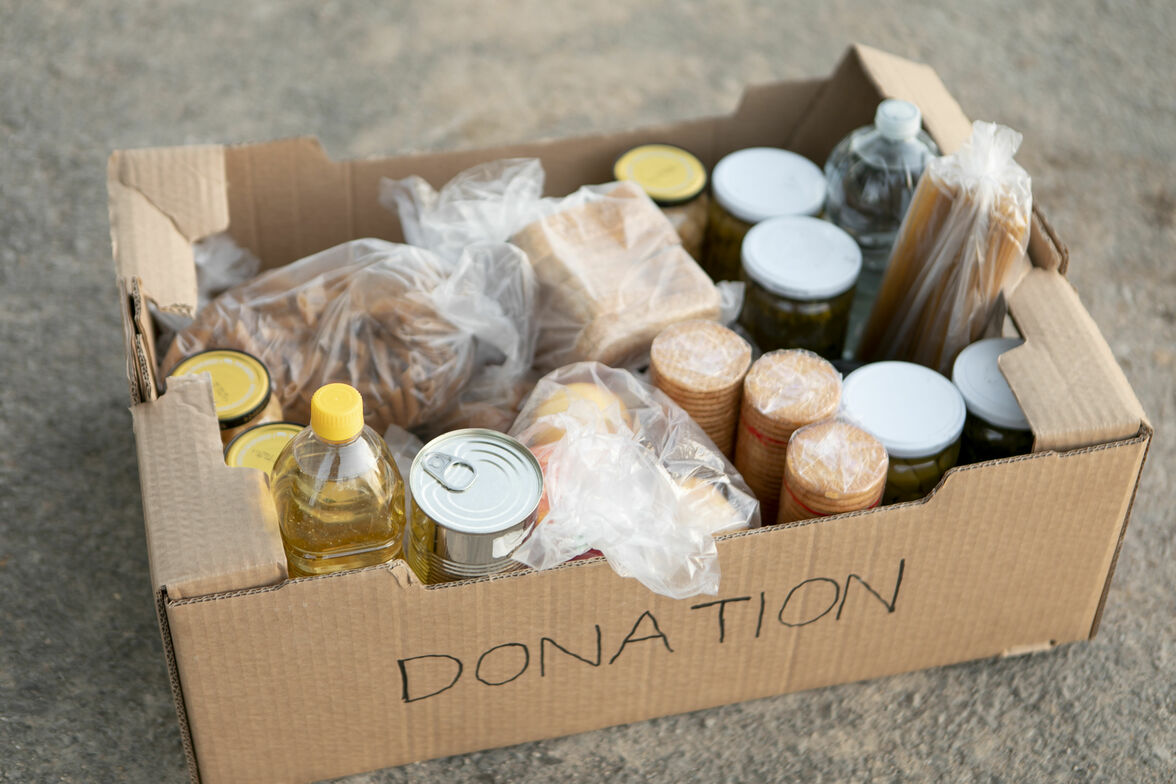WHEN I WAS HUNGRY...

“I was hungry and you gave me something to eat.” —Matthew 25:35 (CSB)
Louisiana families are bracing for delays in SNAP (food stamp) benefits following the federal government shutdown. The U.S. Department of Agriculture has warned that funding interruptions may keep November benefits from arriving on time. State leaders are working on emergency solutions, but food banks say they cannot meet the surge in need without help from communities and churches.
In Louisiana, about one in five residents relies on SNAP. If those benefits stall, thousands of families could face empty pantries within days. Local food banks already report shortages and growing lines. One Louisiana food-bank director recently said, “For every one meal we provide, SNAP provides nine. We can’t replace that volume without the help of local communities.”
Why Churches Must Respond
Our churches are trusted, local, and relational. When government aid falters, neighbors turn to the church for help—and hope. This is an opportunity to live out the gospel in tangible ways. Meeting physical needs opens hearts to hear about spiritual hope. In this moment, the church can be the steady hand of compassion when systems falter.
How Churches Can Help
- Collect Food
Host a food drive within the next two weeks. Focus on nonperishables like canned goods, beans, rice, pasta, peanut butter, cereal, and hygiene items. Deliver donations to local food banks or pantries in your parish.
Note: Let me know if your church has a food pantry and tell the other churches in your area. - Give Financially
Encourage members to give funds directly to food banks. They can purchase bulk food at lower cost, stretching every dollar further. - Volunteer
Mobilize small groups (youth, senior adults, WMU, mens/womens, or mission teams) to sort, pack, or distribute food. Human help is just as needed as food donations. - Share Stories
Invite local pantry leaders to share testimonies in your small groups testimonies. Real stories inspire generosity and personalize empathy. - Pray
Pray for hungry families, pantry workers, and for the gospel to shine through this crisis. Pray that the Lord multiplies the church’s compassion like He did the loaves and fish. - Continue the Effort
Make this more than a one-time event. Set a monthly “Food Sunday” or quarterly drive to keep shelves stocked throughout the year.
Be Encouraged by Being an Encourager
“As you did it to one of the least of these … you did it to me.” (Matthew 25:40 CSB)
When we feed our neighbors, we serve Christ Himself. The current food insecurity crisis is not just a policy issue—it’s a spiritual opportunity. Together, Louisiana churches can fill the gaps when others can’t and show the love of Jesus in practical, powerful ways.